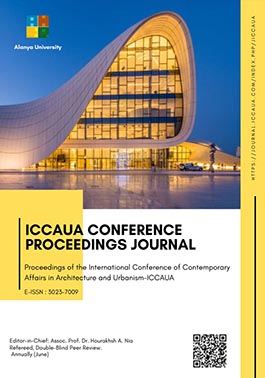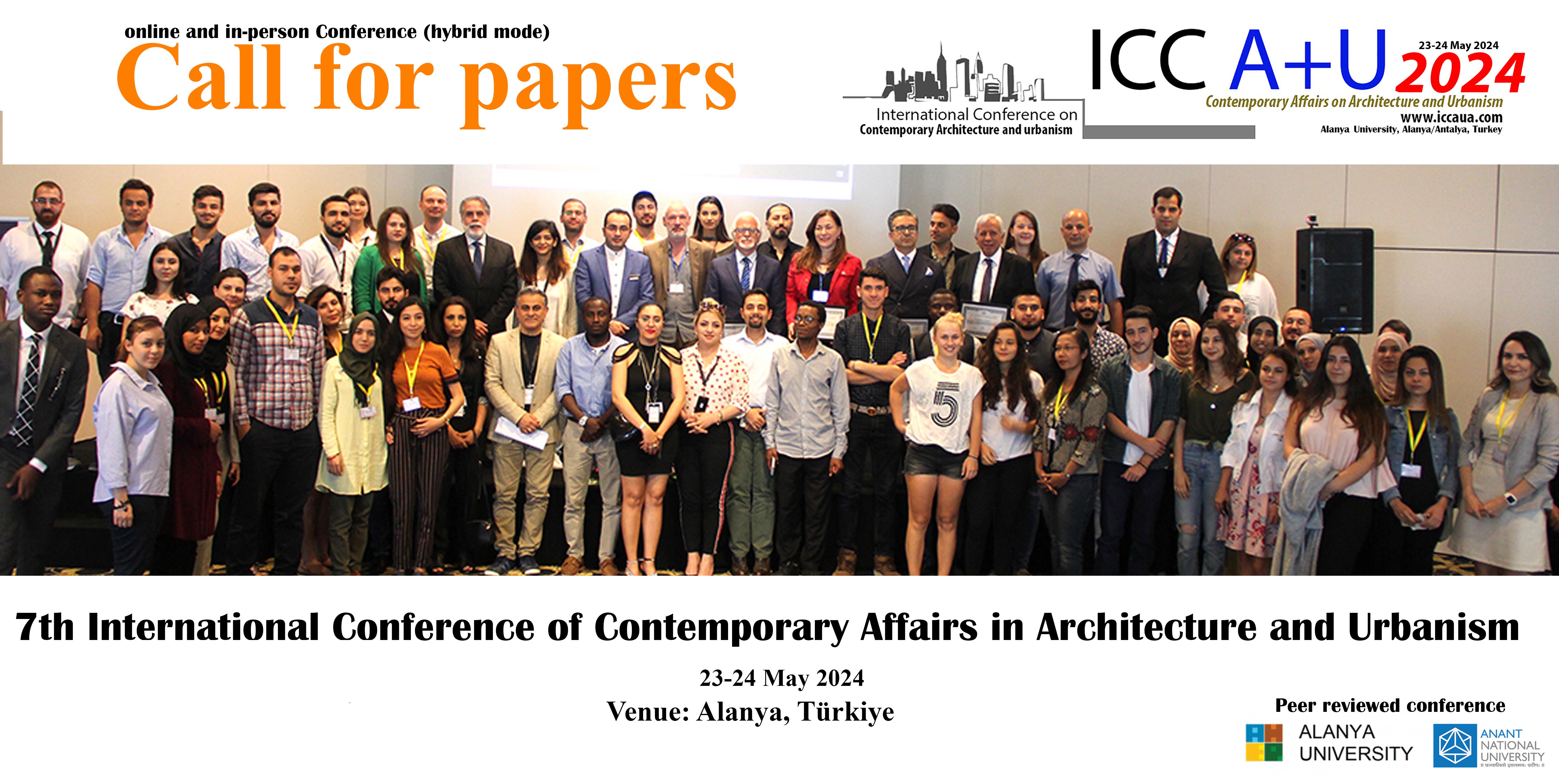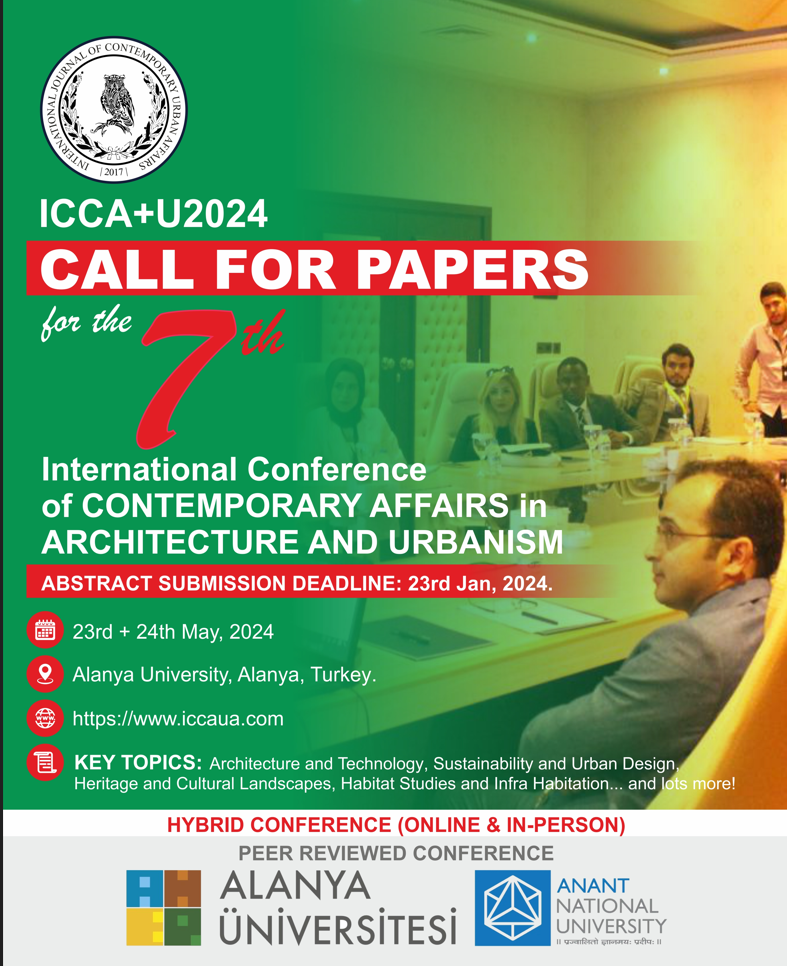Wellbeing of Urban Space: Child-friendly Approaches Exploring the Contextual and Subjective Paradigm
DOI:
https://doi.org/10.38027/ICCAUA2024IN0400Keywords:
Child-friendly, Urban, Wellbeing, Gender, DiversityAbstract
The environment in which children grows up plays a crucial role in their development. While urban areas offer better
educational facilities, extracurricular activities, and diverse experiences, rapid urbanization poses unforeseen
challenges such as pollution, traffic, and loss of natural habitats. Adopting a child-friendly approach can redirect and
alter the course of development in urban settlements. Solutions that benefit all stakeholders can be implemented
by prioritizing the most vulnerable stakeholders. This paper is a systematic review of research literature that explores
the relationship between the well-being of children, inhabitants and child-friendly approaches in the context of
urban space. It also brings the children's perspective and their experiences into focus to understand the perception
and reality of risks in urban childhood spaces.
Downloads
Downloads
Published
How to Cite
Issue
Section
License
Copyright (c) 2024 Ph.D. Candidate Aruna Bhardwaj, Prof. Dr. Suruchi Modi

This work is licensed under a Creative Commons Attribution 4.0 International License.









